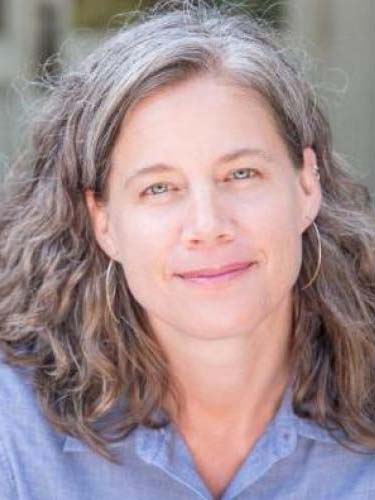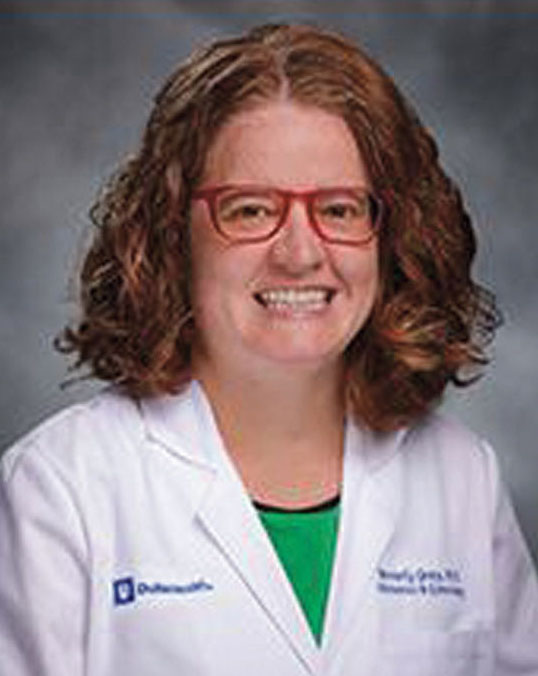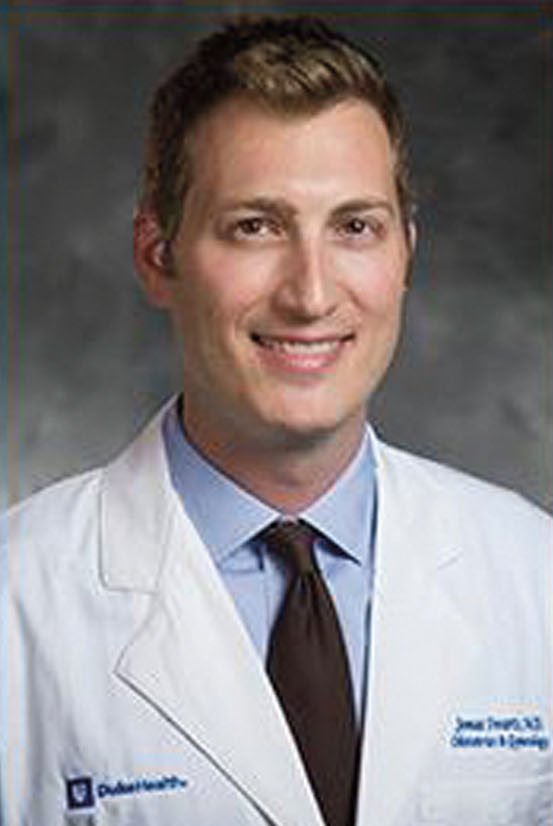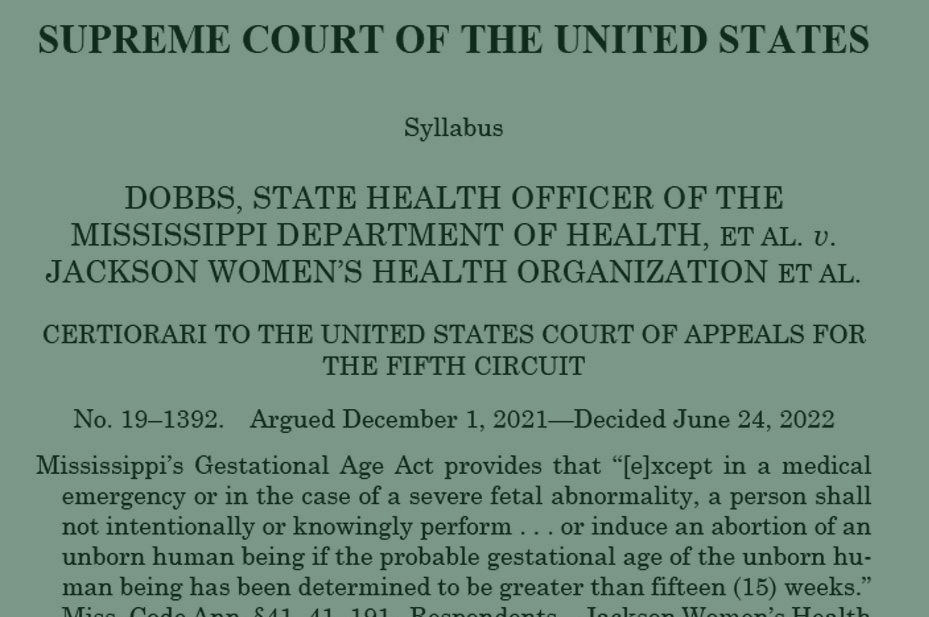In summer of 2022, Dr. Beverly Gray called Wesley Hogan A.M.’95, Ph.D.’00 in Berlin just days after the Supreme Court’s Dobbs decision overturned Roe v. Wade and the federal right to an abortion.
Hogan, an oral historian with Duke’s John Hope Franklin Humanities Institute, knew Gray, an associate professor in obstetrics and gynecology with Duke School of Medicine, to be a texter, not a caller, who always controlled her emotions. Yet here was Gray, crying on the phone, telling Hogan to get back to the United States.
“She was like, ‘Drop everything and come home now,’” Hogan recalls.

Gray told Hogan about a first-time mother in South Carolina who had hemorrhaged after giving birth, a dangerous but not uncommon complication that requires swift treatment. A hospital administrator had hesitated approving the procedure needed to stop the bleeding, a dilation and curettage, because it can also be used to perform an abortion – which was now illegal in South Carolina after six weeks into pregnancy. A hemorrhage can cause organ failure and death within minutes. This mother was finally treated, but only after critical time slipped away.
South Carolina began enforcing its abortion law after the landmark June 2022 Dobbs v. Jackson Women’s Health Organization decision, in which the Supreme Court concluded that, contrary to Roe v. Wade, the Constitution does not protect the right to abortion. That ruling made the legality of abortion a state matter. At press time, 20 states, including South Carolina, had enacted full or partial abortion bans.
Stories like the South Carolina mother’s are what Gray and Hogan, along with Jonas Swartz ’04, an assistant professor of obstetrics and gynecology, wanted to document in the Bass Connections project “Reproductive Health Care Post-Roe.” Going into its third year, the project’s goal is to collect the experiences of medical providers navigating the new reproductive care landscape. Gray knew the young mother in South Carolina was not alone. And she knew doctors would be the ones seeing patterns in post-Roe health care.

Gray understands the power of storytelling. Through oral history interviews and “Outlawed,” the Reproductive Health Care Post-Roe podcast, this Bass Connections team has uncovered and presented the experiences of women and their doctors in the U.S.
“Things were just happening so quickly. If we didn’t document what was going on, the history of this turbulent time would not be documented,” says Gray. “Those stories were potentially going to be lost.”
Since the project began in 2023, teams of students have interviewed doctors and related health care professionals in 17 states and Washington, D.C. Many were medical students who had shadowed doctors, Hogan notes, but none had heard physicians open up about the stress of practicing medicine in what was suddenly a legal gray area.
“We’re able to connect some of the dots and see patterns that are arising,” says Gray. “We have our own experiences as providers. When we see that substantiated by the experiences of others living in North Carolina or other similar states, then you get the sense that you’re not alone in what you’re doing and what you’re seeing.”

Abortion bans have impacted the way doctors care for complications such as endometriosis, says Hogan, and diseases such as cervical cancer or heart disease. Beyond that, Hogan learned that states with the strictest abortion laws are losing obstetrician gynecologists as they leave for other states, leaving some local hospitals without one on staff. Yet when doctors are supported by their hospitals, as the oral history interviews revealed, it improves the care they can provide. Hogan has seen that support at Duke.
“The landscape for abortion access in the U.S. is so complicated right now,” says Gray. She speaks as an OB-GYN, yes, but also as a Bass Connections team leader and a storyteller with a podcast. “If we can show we’re real people that care for real people who are desperate for care, who have health care needs, I think that is educational,” she says. n
You can find the “Outlawed” podcast on Apple Podcasts.
